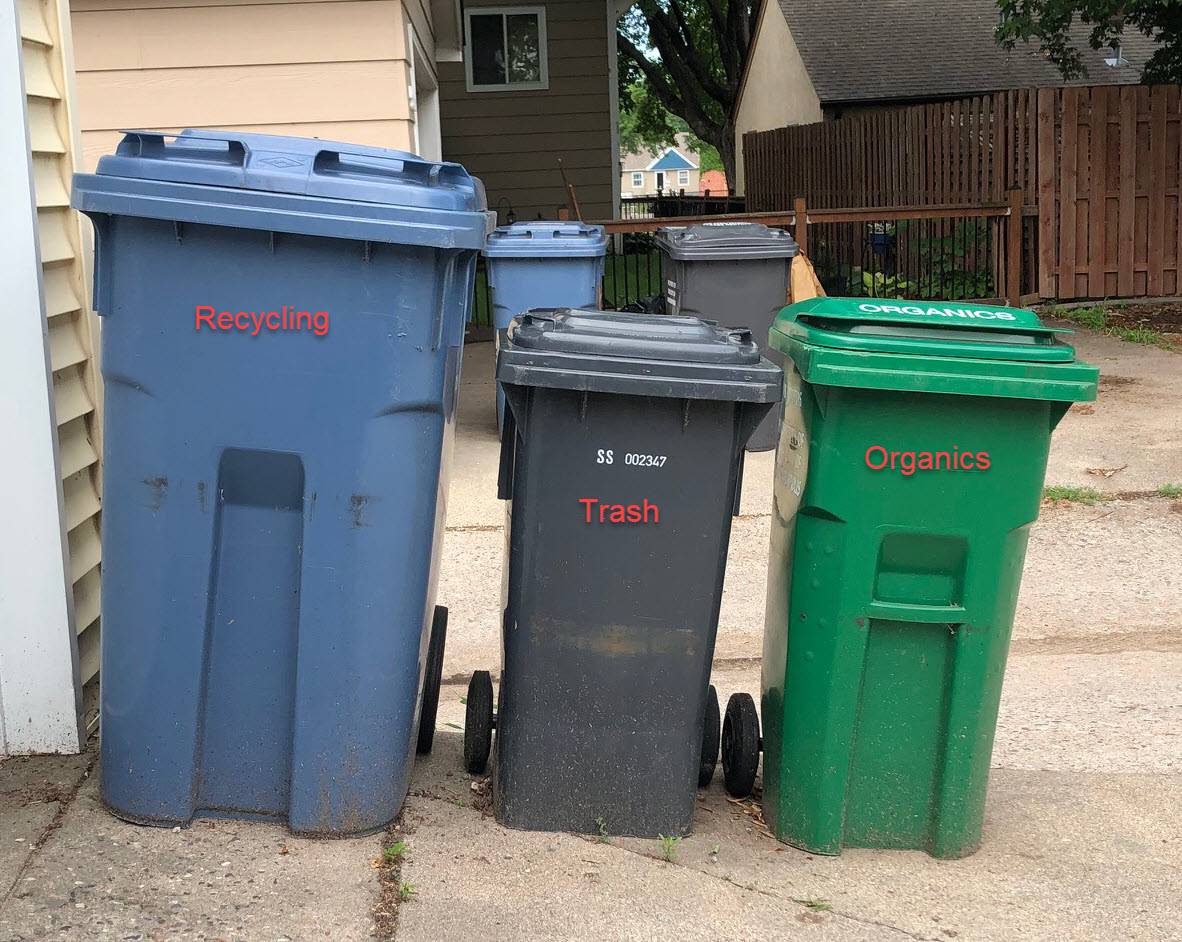Reuse, repurpose, recycle
Reusing, recycling and repurposing is a great way to integrate conservation into your daily life. You live a greener life, lower your carbon footprint and keep valuable resources from wasting away in a landfill somewhere.

This phrase may be a bit tired and worn these days, but it is a great way to live a greener life, without needing some giant bureaucracy mandating actions. Aside from a recycling program, conservation is easy to work into a low-impact lifestyle.
Why do I use conservation and conservationist rather than the term environmentalist? Like it or not, environmentalism is more about politics than making any tangible improvements. It relies on big government imposing and enforcing byzantine regulations.
Conservation, on the other hand, is something everyone can do, at the level they are capable of supporting. I wasn't always a conservationist. It wasn't until my early 20s when I discovered I could get money for my empty beer cans that the light came on.
Some of the early conservation mantras I recall from decades ago revolve around using less water. These are still applicable today, and like most conservation methods, are easy to follow.
- Turn off the water when brushing your teeth - wet the brush and toothpaste, then turn off the faucet until you are done.
- Turn off the lights, televisions, etc. each time you leave a room.
- Hygiene recommendations - "If it's yellow, let it mellow. If it's brown, flush it down."
- Put a brick in your toilet tank to use less water - do not do this as it can damage the tank. Go for a water-saving flush mechanism.
- When washing dishes by hand, rinse in cold water and let them air dry (if you have a rack).
Reusing and repurposing
These two often strike me as similar, if not the same. However, there are some fine distinctions. Reuse involves retaining something after its initial use and putting it into service doing a similar task. For example, we use a small plastic milk jug to hold water to refill the coffee maker and the pets' water bowl. Don't worry, it's sanitary!
Repurposing involves keeping an item you might typically discard and using it in a different application. You are reusing it, but not in the way its makers envisioned. For example, we use a sturdy plastic tray that fruit came on as a drip catcher under our candles. We also fill water bottles with water and freeze them. On especially hot days, we'll place them in our chicken coop to help keep the temperatures down.
One of my favorite repurposing techniques involves old PCs and hard drives (HDD). This started years ago when my Dad asked me if I wanted a bunch of old PCs his employer was trashing. I said yes, as I love to dismantle stuff.
With half a dozen aging PCs at home, I cobbled together two capable machines for my wife to use in her third-grade classroom. I stacked the circuit boards in a box and recycled the steel, plastic and aluminum parts.
The HHDs received different attention. I expanded my own storage capacity and set the others aside. While teaching an introduction to PC class, I grabbed an HDD from my stash and dismantled it to show the class its inner workings. Much to my surprise, I discovered the data storage medium was a metal disk. I was expecting magnetic media like floppies used. Yes, the name should have been a clue.
I love wind chimes. Their sound is so peaceful. I noticed that the HDD platter made a sound when struck. So, I decided to make wind chimes from the components of HDDs. Their sound isn't the best, but they are highly reflective and are just cool.
Eventually, I was given the ultimatum of doing something with all the circuit boards I had. In the spirit of the wind chimes, I made a wall sculpture. To my amazement, people loved it. In fact, a county recycling operation asked if they could use it during an open house! The remaining boards went to a local electronics recycling operation.
Recycle
When recycling programs were offered, we signed up right away. I even went to the extent of removing staples from magazines I recycled. That stopped once I learned that they simply rusted out in the fourdrinier process used to make paper, new and recycled.
Today, our recycling bin is the largest we can get from the city, and is always full. Our trash is the smallest offered and is rarely full. There is very little that goes to the landfill anymore. We also enrolled in the organics recycling program to send food scraps for composting rather than becoming landfill fodder.
